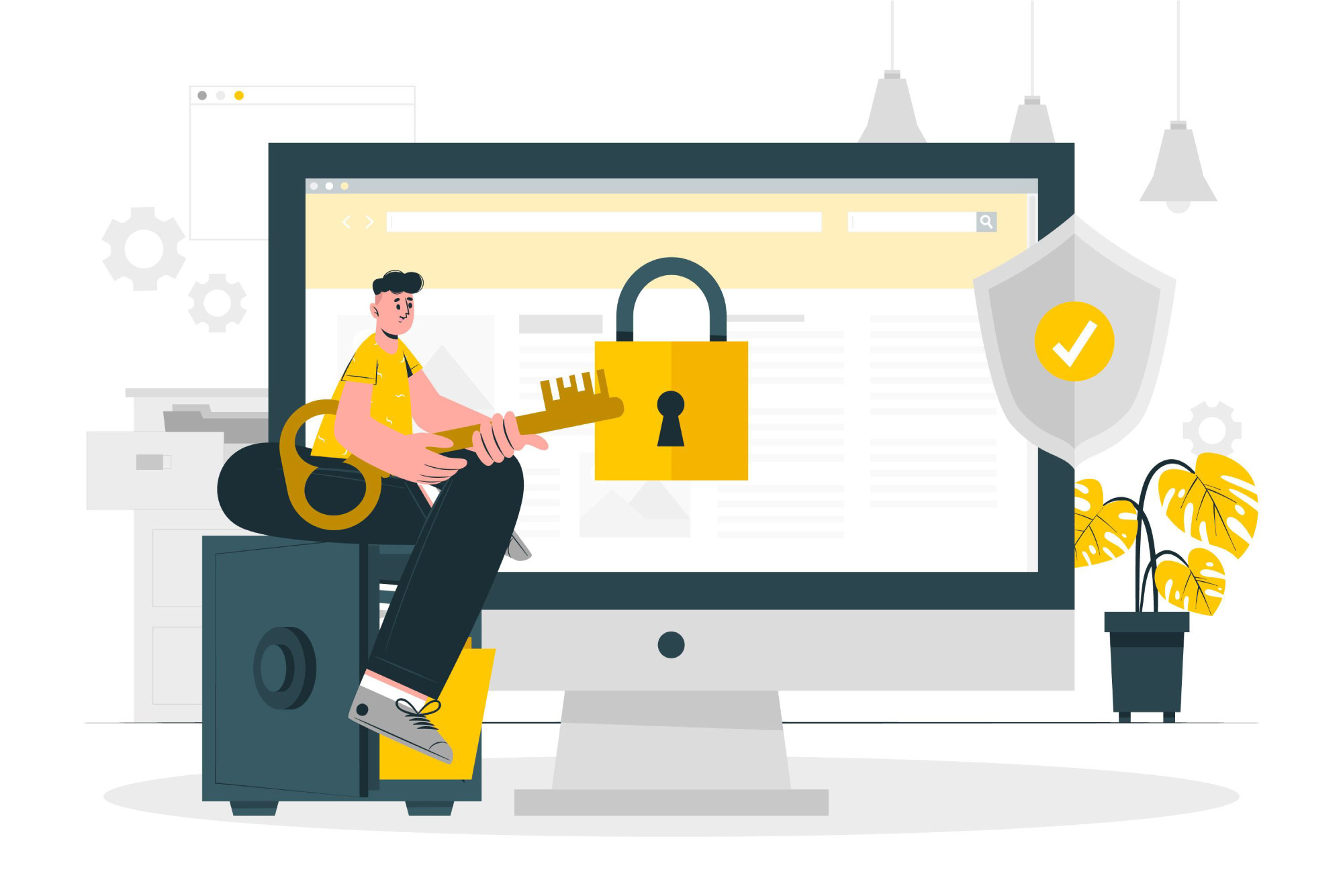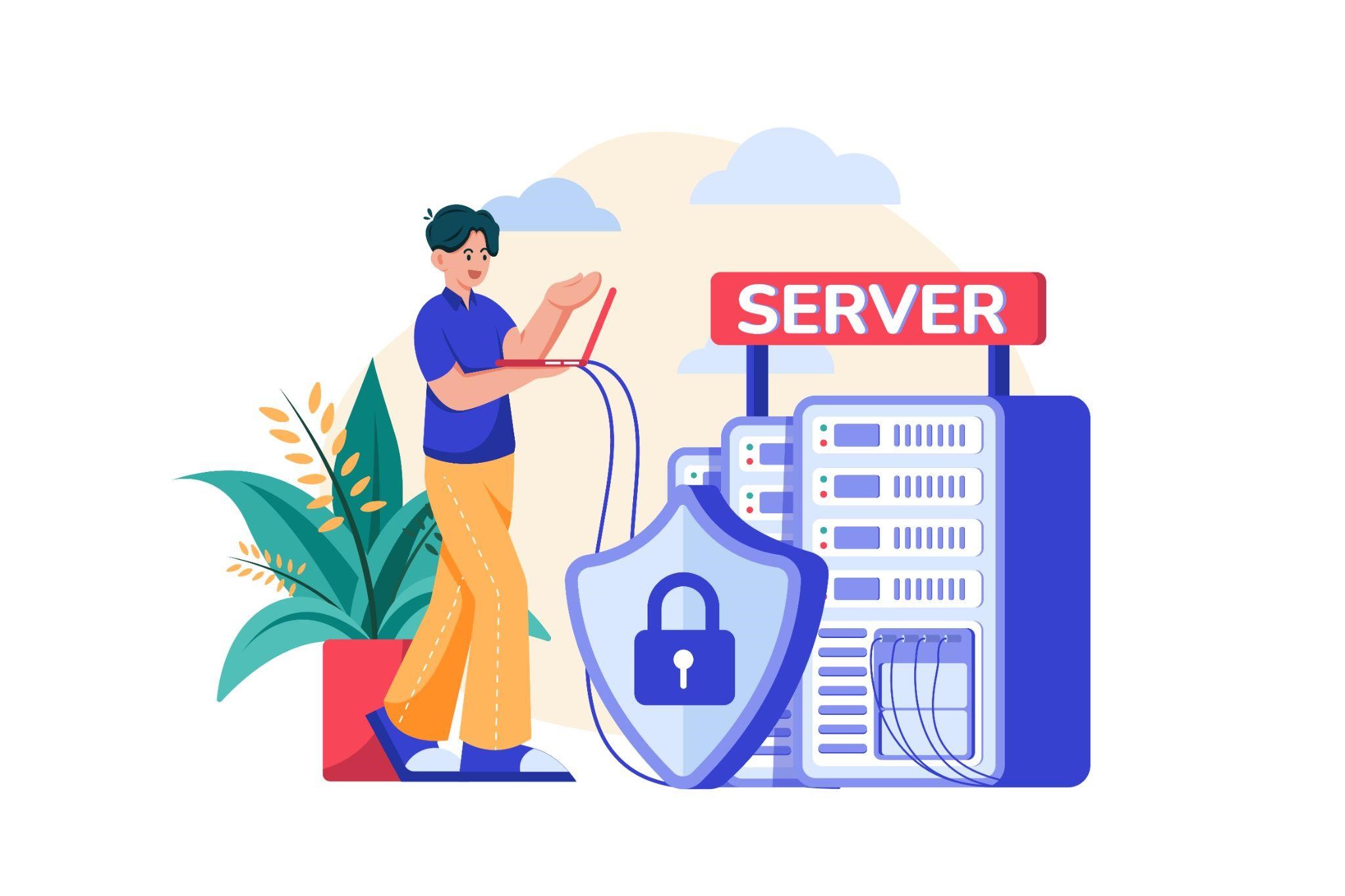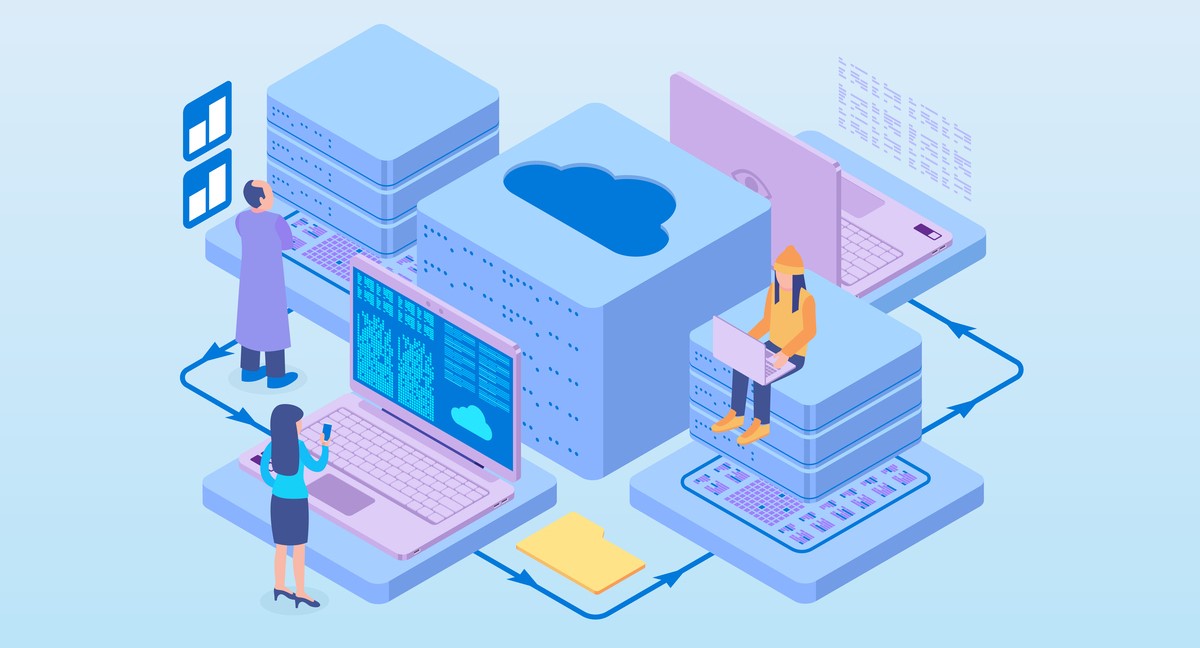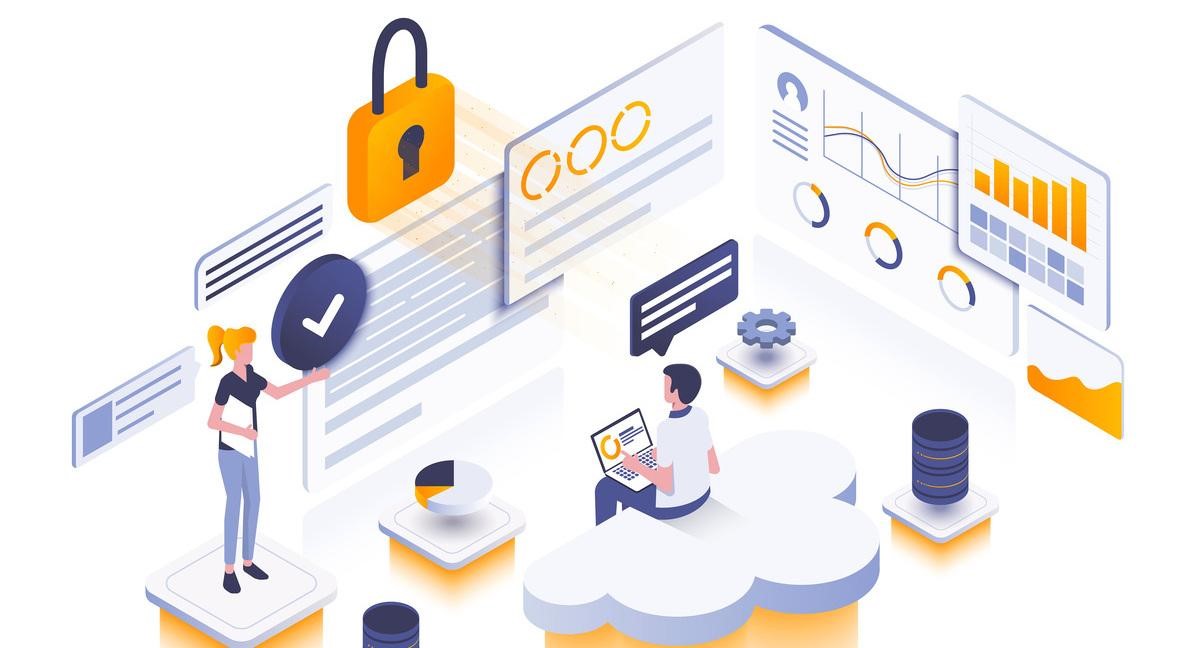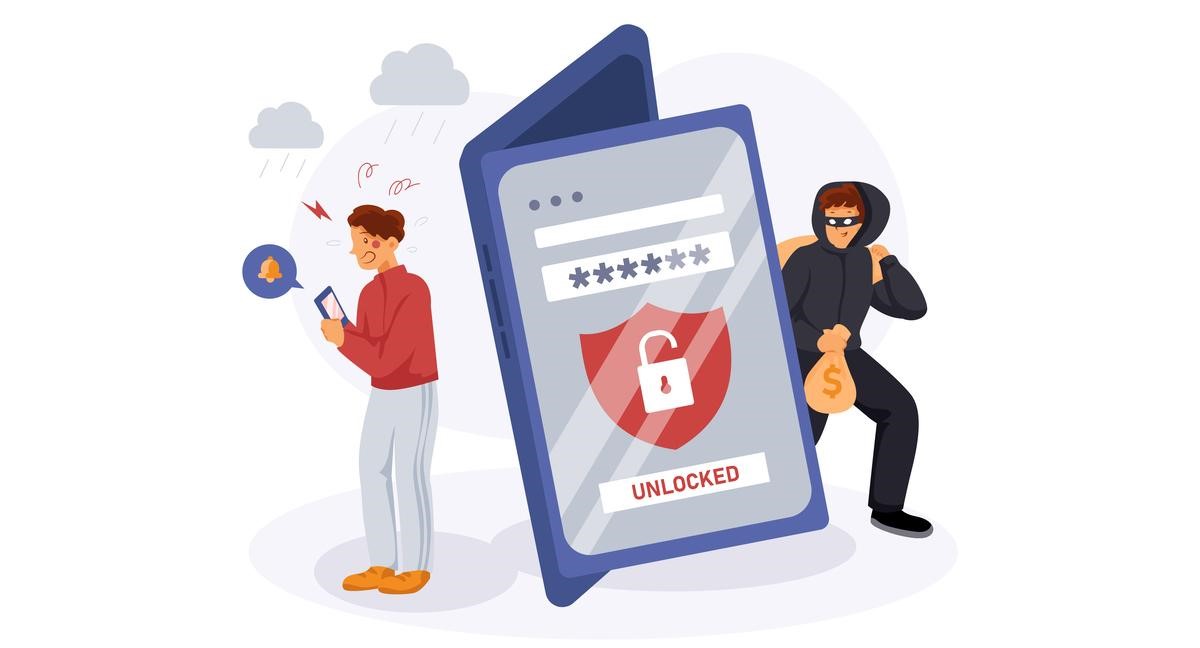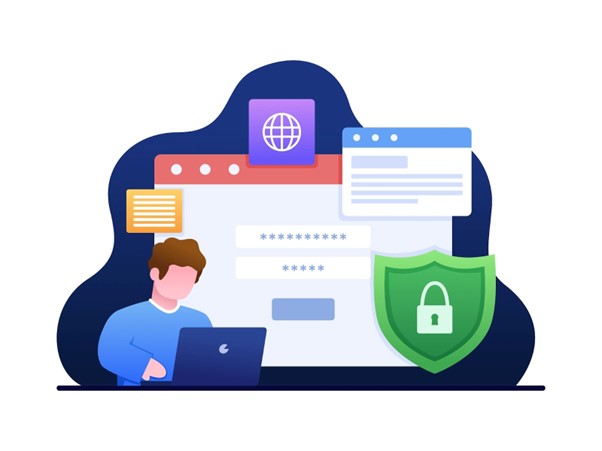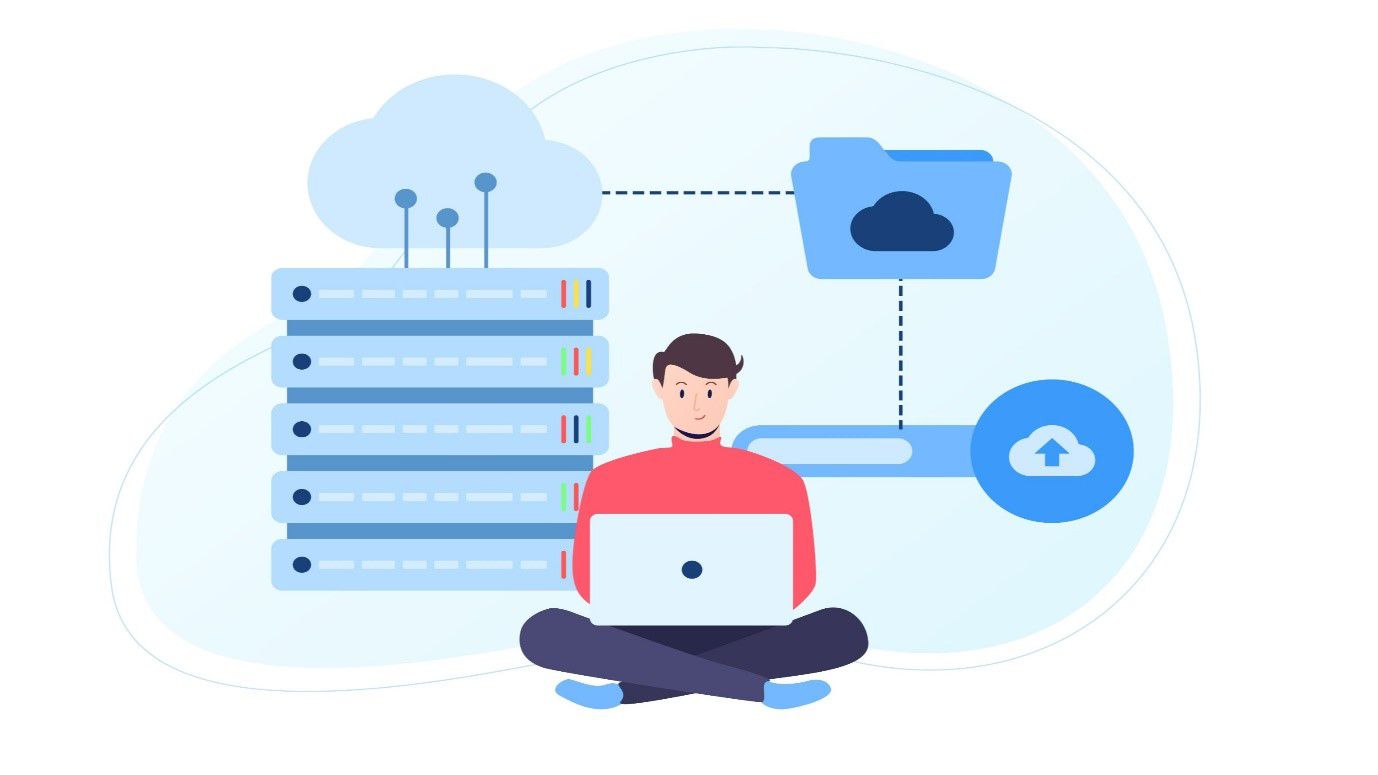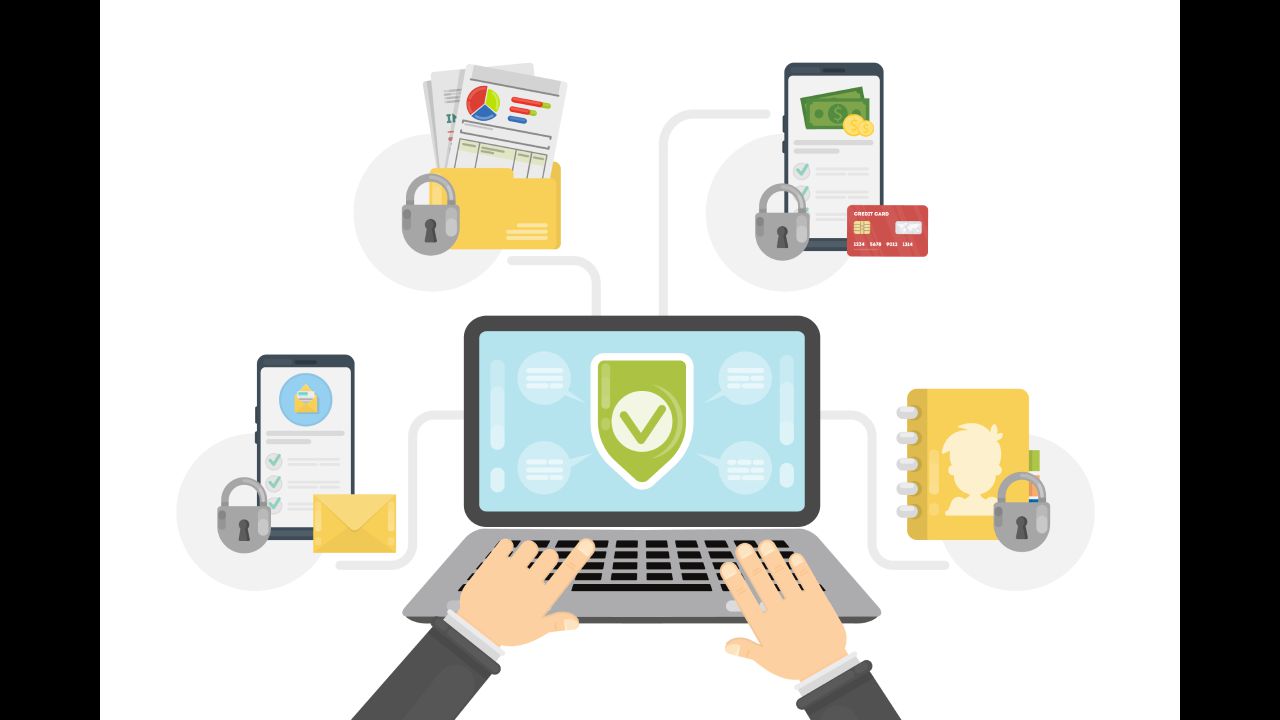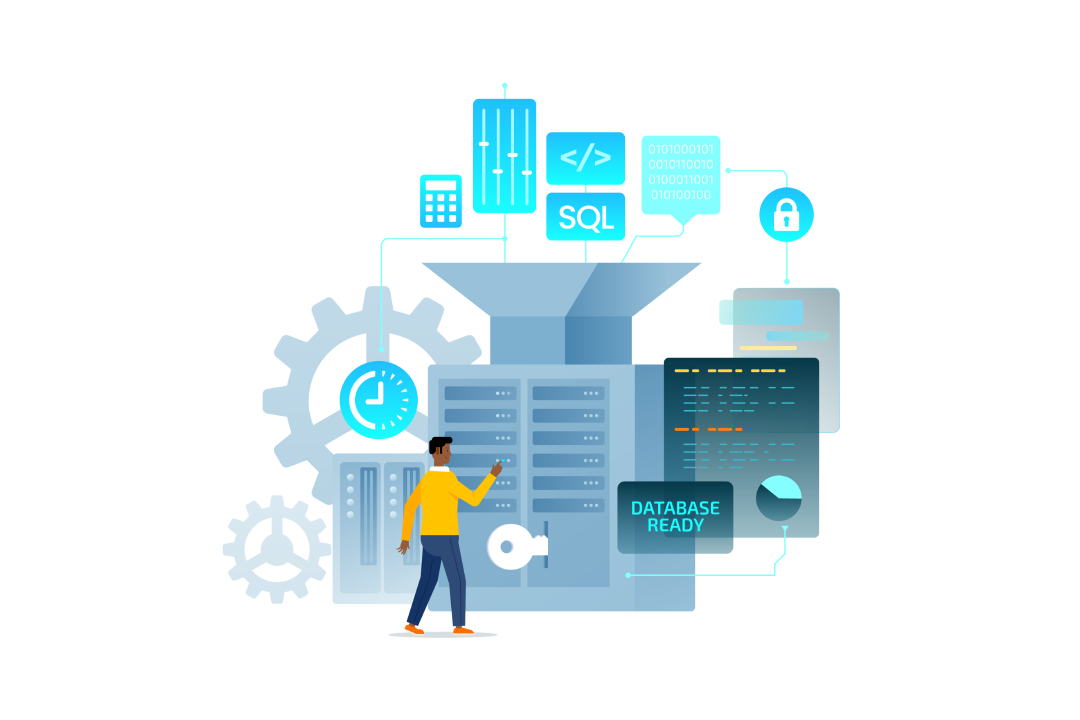Although it was merely three short years ago, it seems like a distant time when organisations only operated from offices. Now, we can conduct business from our dining table or even without leaving our beds.
The world is slowly reinstating itself and learning to live with the pandemic and its concomitant work adjustments. Suffice to say; remote work will be an indefinite trend.
Whether you favour working from home or not, one thing’s for sure: the implications for endpoint security and data recovery cannot be ignored.
Remote Working as the New Normal
Global tech moguls are paving the way for remote working in the new business landscape, prompting other companies to follow. A prime example is Mark Zuckerberg allowing at least half of Facebook employees to switch to remote work permanently.
Many startups are also adopting the WFH model, with 70% of emerging venture-based companies allowing employees to keep working remotely even after offices reopen.
The same goes for Malaysian organisations returning to the workplace — workers only have to come into offices if necessary. For instance, employees can complete tasks they cannot perform from home in the office.
As a result, work productivity has either stayed the same or improved due to the WFH model. Moreover, leaders found that they could invest less in physical offices and redirect spending to more tactical pursuits.
With these newfound benefits, the remote work world’s advent is just the beginning.
The Inevitable Escalation of Ransomware
Unfortunately, there is evil where there is good. It’s not that ransomware was never a problem, but attacks have increased exponentially since WFH activities started.
Ransomware criminals would encrypt a company’s data, leading to a halt in IT infrastructure and operations. They then demand a ransom from the victimised entity to decrypt the data.
This form of cyberattack happens at an alarming rate. More specifically, once every 14 seconds, and that time keeps reducing.
The global health crisis has presented more opportunities for cybercriminals to commit ransomware, which can be highly costly for you. Plus, every minute you can’t access corporate data means revenue losses and damaged reputation.
You may be safer at home, but your data and endpoint devices are not. As uncertainties continue to loom, this is not the time to let your guard down regarding endpoint security.
Readying Yourself with Endpoint Security
Businesses are constantly confronted with how to reliably back up their data regardless of where employees work and what endpoint devices they use. After all, it will only be a matter of time before you experience endpoint data loss or corruption.
So long as your organisation maintains a remote workforce, ransomware and malware will always be a threat. Thus, there’s no time like now to revisit your data backup and recovery strategy.
It’s essential to note that endpoint security is more than the tools you deploy — it’s about planning for disaster recovery.
Secure Endpoint Security for Distributed Workforces
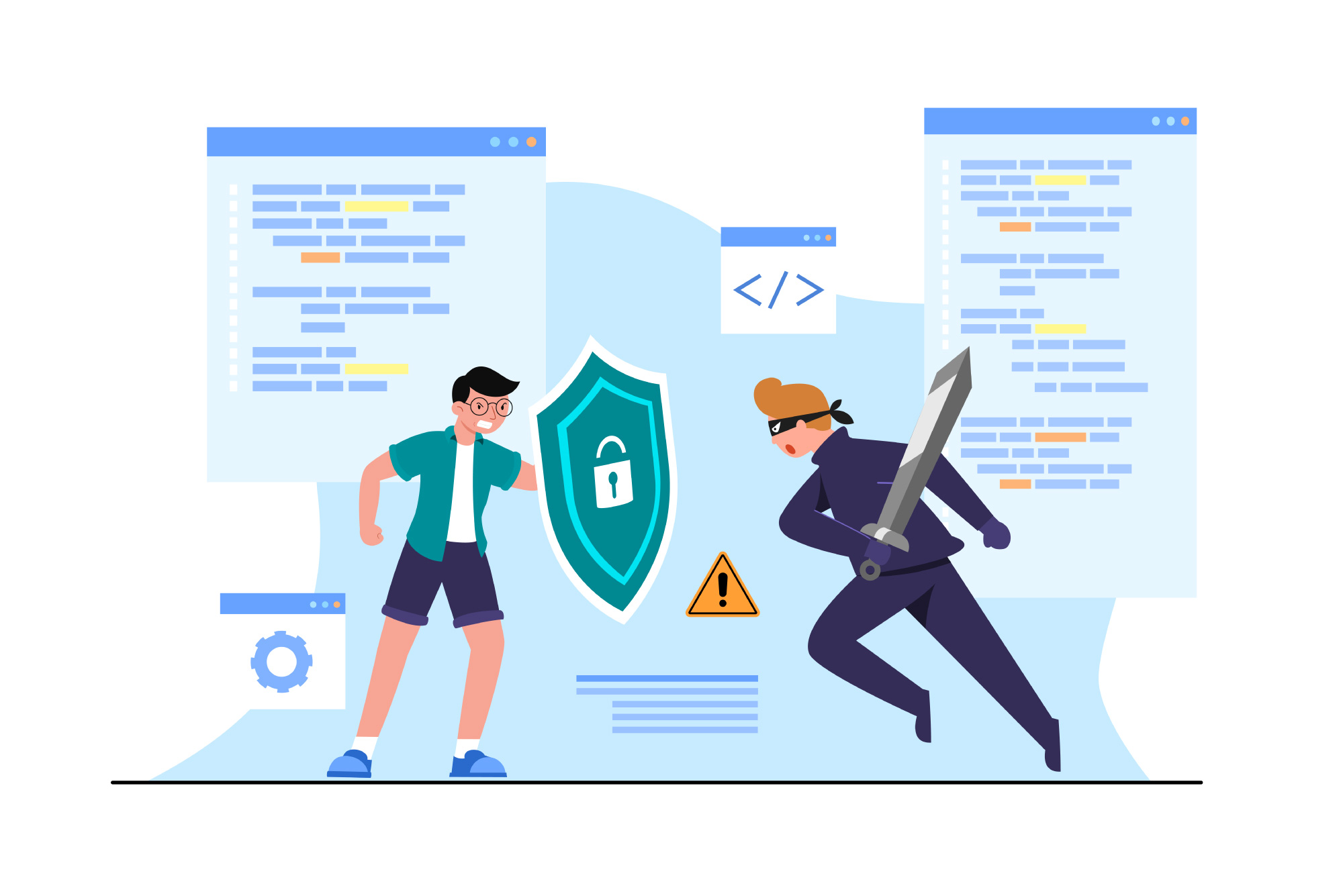
Aegis Cloud Endpoint Backup (CEB) offers absolute data protection for businesses catering to remote work. With an automated backup solution, organisations can ensure all workers’ endpoint devices — laptops, mobile phones, etc. — are safeguarded against ransomware.
While managing WFH operations can be difficult, Aegis CEB provides straightforward deployment with centralised management. This means that companies can simplify their IT administration and remotely create and deploy backup policies.
Furthermore, Aegis CEB helps companies prevent and remedy endpoint device loss or theft with geo-tracking and remote wipe features. On top of remote data wipes, corporations can enact incremental restores for only new or changed files.
Protect Endpoint Data Wherever It Goes
In the world of changing work approaches, inaction could be a threat in itself. Implementing endpoint security may seem like a hassle, but it’s no longer an option.
The good thing about Aegis CEB is its silent installation to endpoint devices, allowing administrators to automate the deployment of remote backup agents. Backed up data would reside in Malaysia per data backup compliance policies.
Additionally, Aegis provides unlimited disaster recovery resources and granular monitoring for any issues that may arise in the WFH environment. Find out more about Aegis Cloud Endpoint Backup (CEB) or explore some features of Aegis that help combat ransomware.

